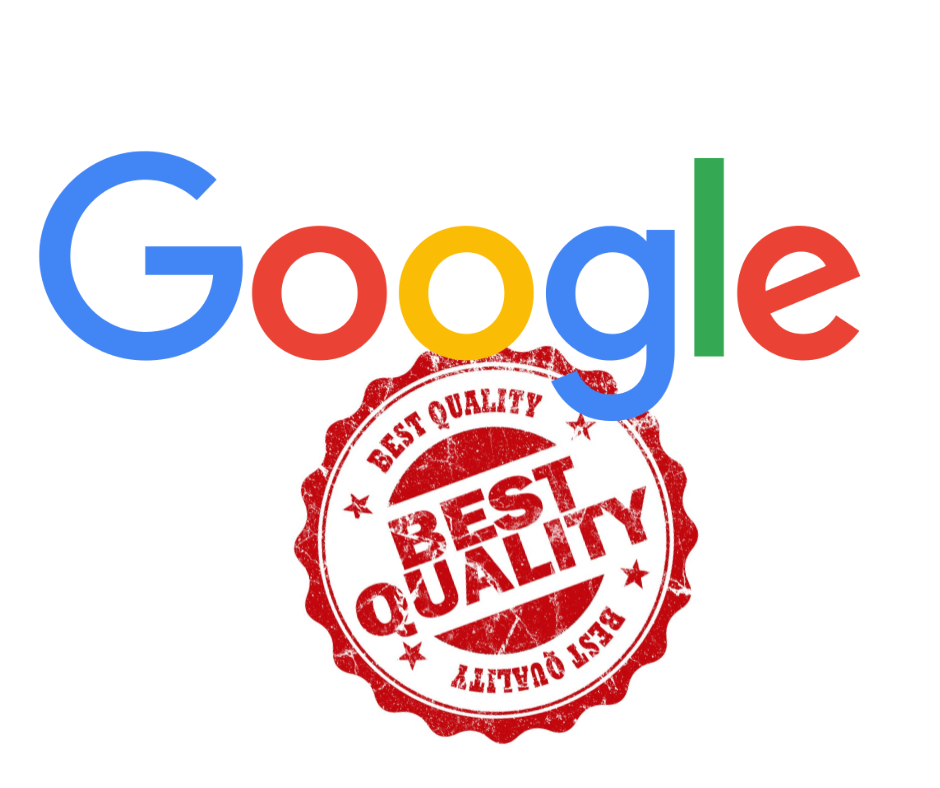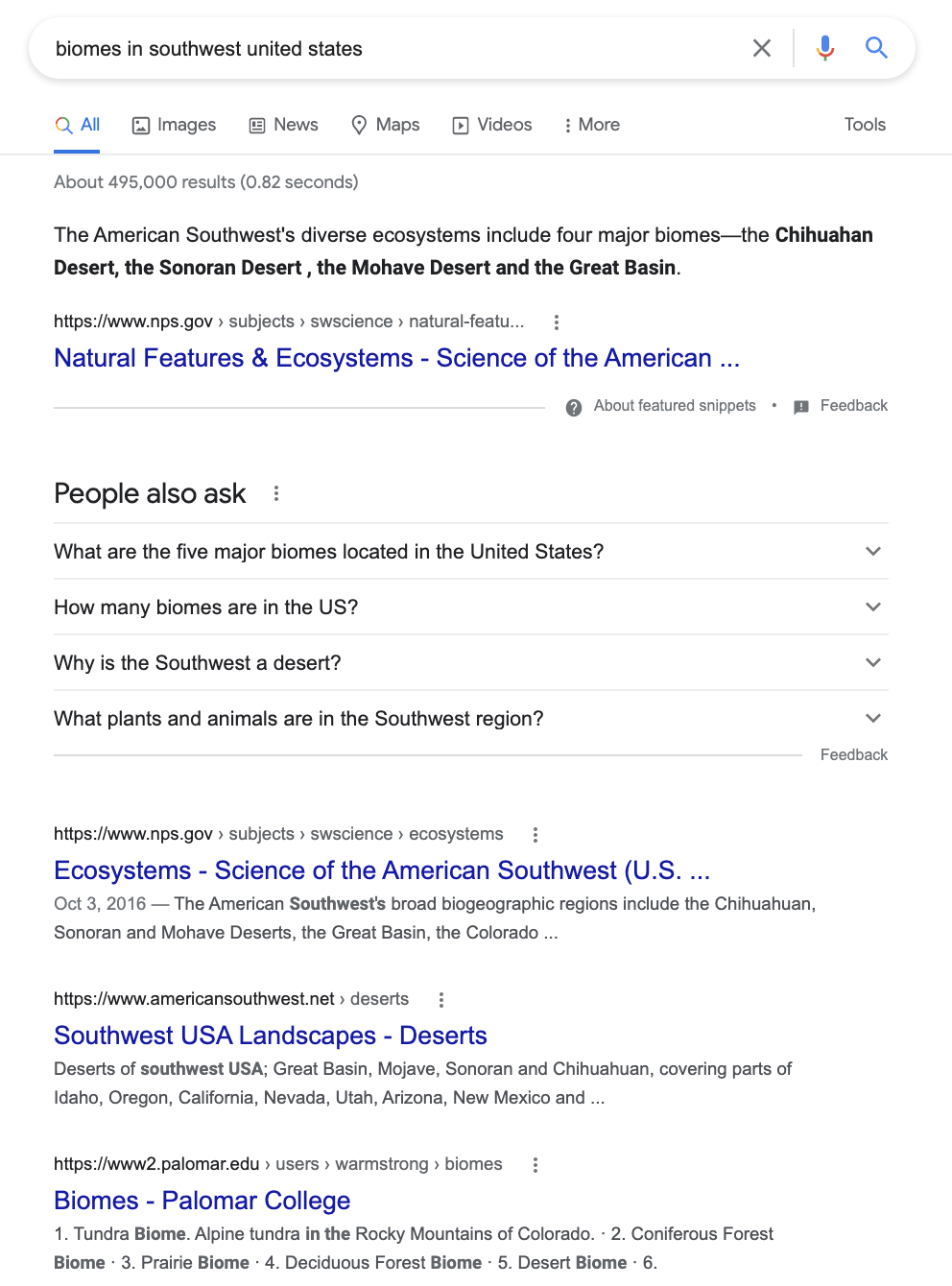E-E-A-T for SEO: Evaluating Webpage Quality
Editors note: In late 2022, Google added an additional ‘E’ to the rating scale, for Experience. We go into more detail about E-E-A-T in this more recent article.
The past several years have been characterized by an onslaught of information and with it, misinformation. Between a global pandemic, contentious elections, protests, and more, new sources and social networks alike have moved toward systems and labels that distinguish trustworthy vs. untrustworthy information. Both Facebook and Twitter have added alerts and labels for misinformation that’s spread within their platforms. Twitter has even gone as far as banning users who frequently promote false information. Google, too, has systems in place that analyze content for quality, and we’re jumping into the weeds to explain.
How Google is Evaluating Webpage Quality
The goal at Google is to automate systems to recognize and reward high-quality, expertly written, and factual content. And the developers at Google are not messing around. Google has a 172-page document outlining its search quality rating guidelines, called the Google Search Quality Raters guide. In that, the company outlines three signals used by the platform to judge the quality of content: Expertise, Authoritativeness, and Trustworthiness – or, “EAT”. The principles of EAT are most applied to specific types of web pages–those with content that could affect Your Money or Your Life. Google refers to these pages as “YMYL” sites.
YMYL sites have high value (and more scrutiny) placed on them because they can have a true impact on the visiting user’s financial safety, health, and well-being. Many sites fall under the YMYL categorization, including any e-commerce sites that accept credit card information for payment. Other genres of websites that fall under YMYL include news, government, finance, shopping, health, and safety. Though all YMYL sites are evaluated with EAT, websites in every industry can use EAT to guide their content creation. The three pillars of EAT all work together to determine how well a site performs.
The E of EAT: Expertise
Expertise is characterized by the training and knowledge of the person who wrote the content on a web page. Google places high value on expertise because they want the users to get the best possible results after searching for something. Search results that are provable, written by someone who is credible in their industry, use sources to back up their content, and deliver the answer to a particular query will show up higher than those without clear expertise.
Google evaluates expertise based mostly on the creator of the content and what they can find out about them. Is the author of the content reputable in their industry? Are the sources being referred to in the article or web page also written by experts in a field? Does the author know what they are talking about? These are all questions evaluated by Google’s EAT algorithm.
Elements that can add to the expertise score of a site include accuracy, comprehensiveness, clarity of communication, and matching the standards of whatever field the topic falls under. Tools such as Grammarly can help writers refine their content with AI suggestions in spelling and grammar, clarity, and engagement. Even content that may be plentiful on the web already (like blogs about SEO marketing, for example) can be evaluated as high quality for expertise if the writer can back up their claims with experience and adds something new or personal to the conversation.
The A of EAT: Authoritativeness
Authoritativeness is the second aspect of the EAT protocol, how Google is evaluating webpage quality with its Search Quality Raters Guidelines. To evaluate authority, Google asks who the most reliable source is when it comes to information on a specific topic. Each page of a website can contribute to the overall level of authority determined by Google.
In the above example, the search for ‘biomes in southwest united states’ delivers results first from a government website concerning the subject matter, then a website with tons of information specifically about the search query (not run by the government or a scientific organization), then a peer-reviewed article about biomes from a university.
The National Park Service website comes up first because it is an official Government-sanctioned website on which Google places high authoritative value. Though the ‘americansouthwest.net’ site may have more information sitewide, some digging reveals that it is content developed by one person’s journeys in the Southwest United States. Google would give this website a higher quality rating due to the amount of information (showing expertise) that is consistent across many pages on the site (authoritativeness). Official websites are not the only way to demonstrate authority on a topic. Qualifications, involvement with well-respected organizations, and consistent sharing of information across pages can help contribute to authoritativeness in the quality of Google’s rating system.
The T in EAT: Trustworthiness
Between the spread of misinformation and an increase in the frequency of phishing attacks online, trustworthiness is a key factor in how Google is evaluating webpage quality. We’ve all been in this situation before: you Google something, click on a webpage that seems to fit what you’re looking for, and immediately click back after seeing something on the webpage that didn’t sit right with you. Google can detect aspects of a webpage that would produce this feeling of unease based on user satisfaction. The algorithm takes note of this signal when users bounce off a website almost immediately after loading and adjust quality ratings accordingly.
Here are some questions to ask yourself: Does my website’s content help users or harm them? Was it created by an expert? Is there authority in the website overall? All of these can impact the trustworthiness of a site’s content. It may seem redundant, but each of these three factors plays into each other in determining a higher-quality rating with Google.
Expertise, authoritativeness, and trustworthiness are all important factors in how Google is evaluating webpage quality, but it’s important to note that efforts to advance any of these 3 principles on your web page will benefit your website. It’s okay to not have authority on a subject as much as you display expertise–both are important factors that contribute to a higher-quality rating. And if your web page doesn’t fall under Google’s YMYL classifications, you can still incorporate these concepts into your site’s content.
Need help improving your website’s EAT score? Contact us today to schedule a free consultation!
Frequently Asked Questions
What does YMYL mean?
YMYL stands for “Your Money or Your Life.” Google uses YMYL to categorize web pages with content that could affect someone's finances or life choices.
How can I increase my E-A-T through SEO?
Increase your brand’s website’s EAT through SEO by improving the quality of its content in terms of Expertise, Authoritativeness, and Trustworthiness.



